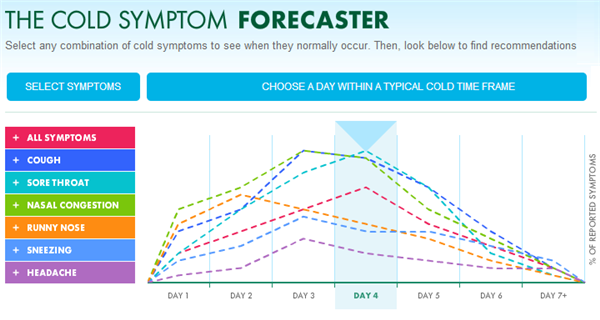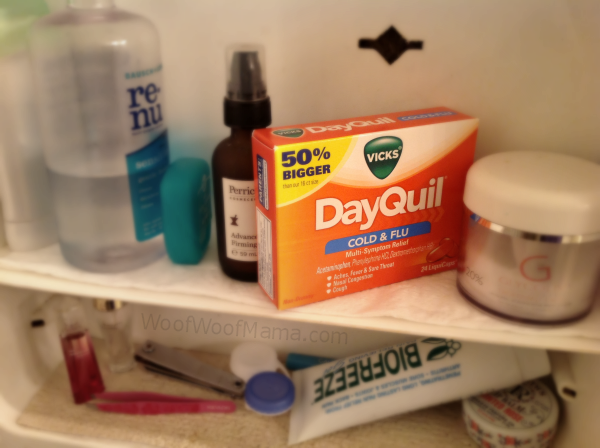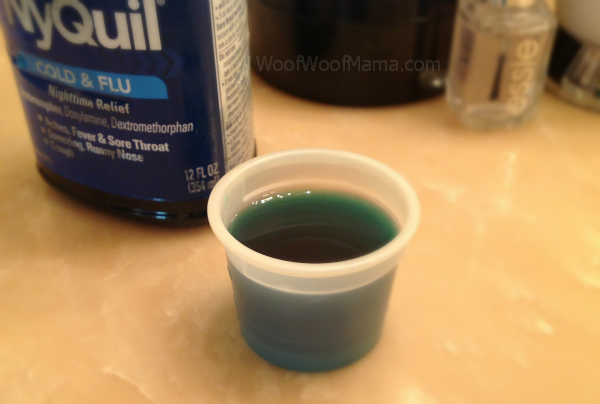
There’s an old saying, “Treat a cold and it will go away in about 7 days. Do nothing and it will last about a week.” While not everyone gets all the same symptoms, according to this Cold Symptom Forecaster, one can expect a cough, sore throat, congestion, and more symptoms to peak during the first 4 days and last about a week.
Whether you are a pet parent, have human kids, or both, most of us have someone else who is counting on us to take care of them. We tend to put our family’s needs before our own and can’t just take off 4-7 days when we get sick.
While there is not much you can do to shorten the duration a cold, there are some things you can do to prevent and treat cold or flu symptoms.
Things to help prevent getting sick in the first place:
- Wash hands frequently with soap and water, while scrubbing for at least 20 seconds
- Get into the habit of cleaning the stuff you share with others, such as computer keyboards, phones, remote controls, counter tops, and more, to prevent the spread of cold and flu.
- Get enough sleep each night (easier said than done!)
- Eat a healthy, well-balanced diet
What to do if you get sick anyway:
- Learn how to tell the difference between cold and flu symptoms
- Use a humidifier and remember to change the water daily and clean it often
- Stay hydrated with water, tea, juice and other fluids
- Try chicken soup: many studies suggest that it really helps!
Ask your pharmacist for recommendations and be prepared:
Since I never know when one of us will get sick, and there’s nothing worse than having to go to the store when you’re already sick, I try to remember to stock up on tissues, cough drops and cold/flu relief products whenever I see a deal or have coupons. …especially this time of year!

If you aren’t sure what to get, ask your doctor or pharmacist for recommendations. As the #1 pharmacist recommended brand for adult cough,cold and flu relief, Vicks DayQuil can help you power through the day, and Vicks NyQuil is there to ensure you sleep through the night. There’s a reason why NyQuil is called “the night-time sniffling, sneezing, coughing, aching, stuffy head, fever, so-you-can rest medicine!”

Daisy’s daddy especially relies on NyQuil to help him sleep when he’s sick, since he has to get up at 5:30am for work and every minute of sleep is essential. I don’t know about you, but I find it especially hard to sleep when I’m sick. and the only thing worse than being sick, is being sick AND tired!
Important Info:
- Before trying any new medication make sure to check with your doctor & follow the proper recommended course of treatment.
- DayQuil & Nyquil is not recommended for children younger than 12. Be sure to consult your physician before giving DayQuil & NyQuil to children.
- Always follow the usage guidelines for warnings and dosage directions.
- Visit http://www.vicks.com for more information.
I participated in a campaign on behalf of Mom Central Consulting for Vicks DayQuil & NyQuil. I received product samples and a promotional item as a thank you for participating.













Let’s Connect: